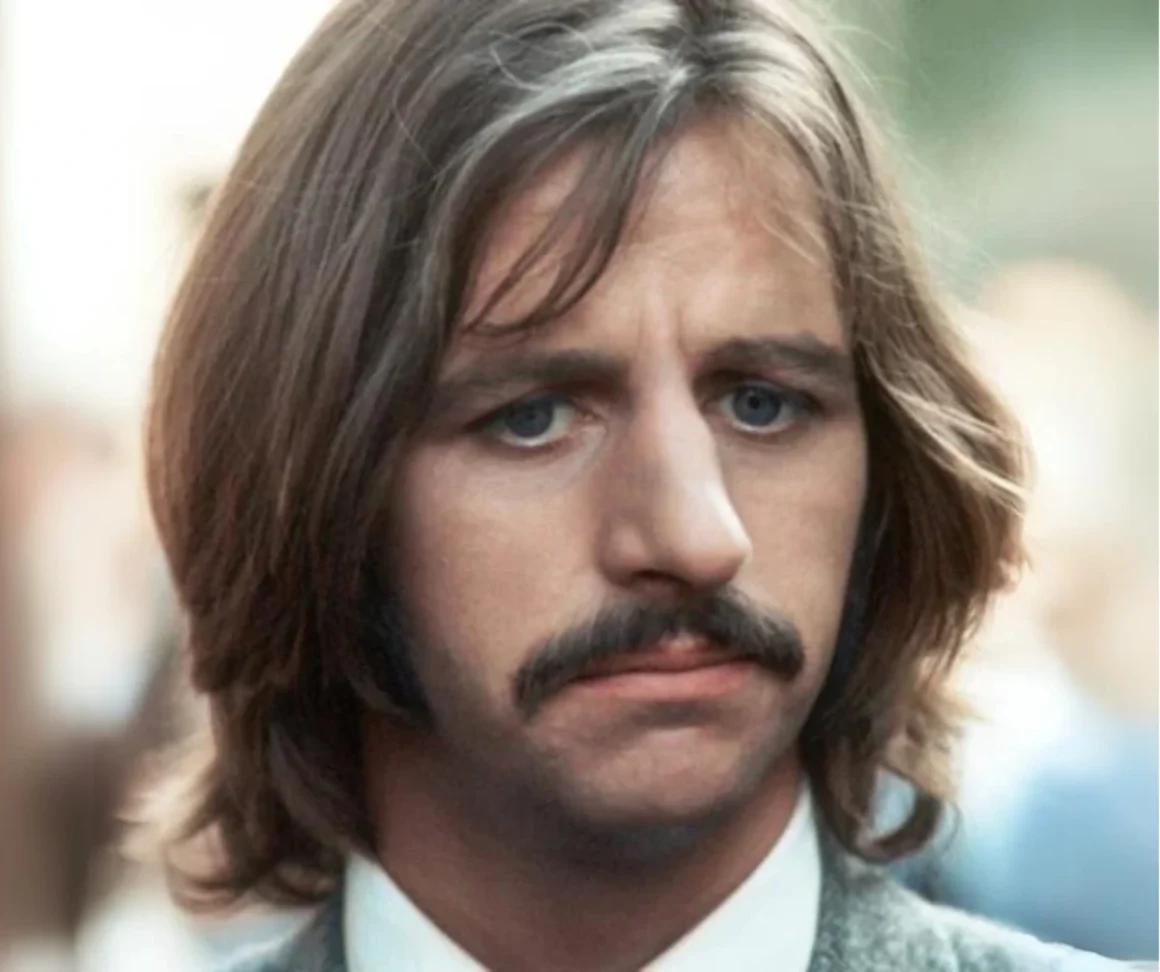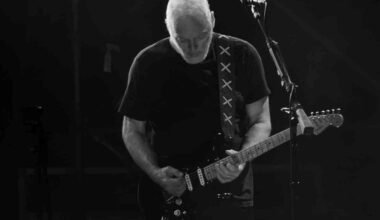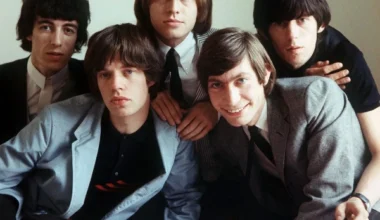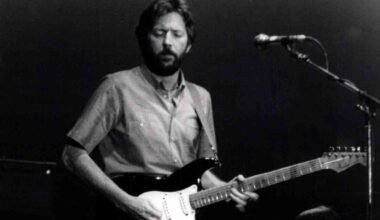During their remarkable journey, The Beatles achieved immense success, far beyond what they could have ever imagined when they first took the stage at The Cavern Club.
John Lennon, Paul McCartney, George Harrison, and Ringo Starr ignited a global frenzy with their performances and music, solidifying their place in rock history.
In their final years, The Beatles chose to focus solely on their studio work, stepping away from live performances in 1966. The band’s fame had grown to such an extent that touring became increasingly unfeasible. Hysteria from fans and inadequate technology to replicate their complex studio sound on stage made live performances a huge yet daunting challenge.
Their attempt to perform at large outdoor venues in the United States, such as Shea Stadium, proved disastrous. The outdated technology meant that fans at the back couldn’t hear the music, and the experience was exhausting for both the audience and the band. This struggle contributed to their decision to retire from live performances.
The Missed Opportunity for a Reunion
After The Beatles split, rumors swirled about a potential reunion, with many speculating that the band might come back together for the right offer. For Ringo Starr, the idea of reuniting with his bandmates remained a significant regret.
Starr has openly expressed his disappointment that The Beatles never managed to perform together again before John Lennon’s tragic death in 1980. For Starr, it wasn’t about financial gain; it was about the lost opportunity to reconnect and showcase their enduring talent.
“We still had the songs, and we still could play,” Starr shared in a 2015 interview with *Rolling Stone*. “We could have put it together, and we could have done ‘A Day In The Life’.” He blamed the missed reunion to communication issues and the difficulty in coordinating their schedules.
The Possibility of a Reunion
Speculating on what a Beatles reunion might have sounded like in the 1970s is intriguing. By then, each member had developed distinct musical styles through their solo careers. A reunion could have blended McCartney’s melodic sensibilities, Lennon’s raw experimentation, Harrison’s spiritual depth, and Starr’s rhythmic cohesion.
In a 2021 conversation with *The New Yorker*, Starr revealed that The Beatles had been offered “a fortune” for a one-off concert that included a bizarre stipulation involving a man wrestling a shark. Despite the tempting offer, the band chose to decline. “We called each other and said no,” Starr recounted. “We were taking our own roads now.”
Preserving the Legacy
While a reunion might have offered an exciting glimpse into their evolved musical identities, likely, it wouldn’t have aligned with The Beatles’ ethos. Their decision to decline the offer preserved their legacy, avoiding potential risks to their impeccable reputation.
In the end, Starr’s regret about not reuniting with The Beatles is a reflection of his deep appreciation for the band’s legacy and the missed chance to celebrate their enduring talent. Their choice to remain apart, however, only enhances their standing as one of the most influential and timeless bands in music history.







